Inclusive Professionalism in FE and Skills: Social Mobility | Part 1
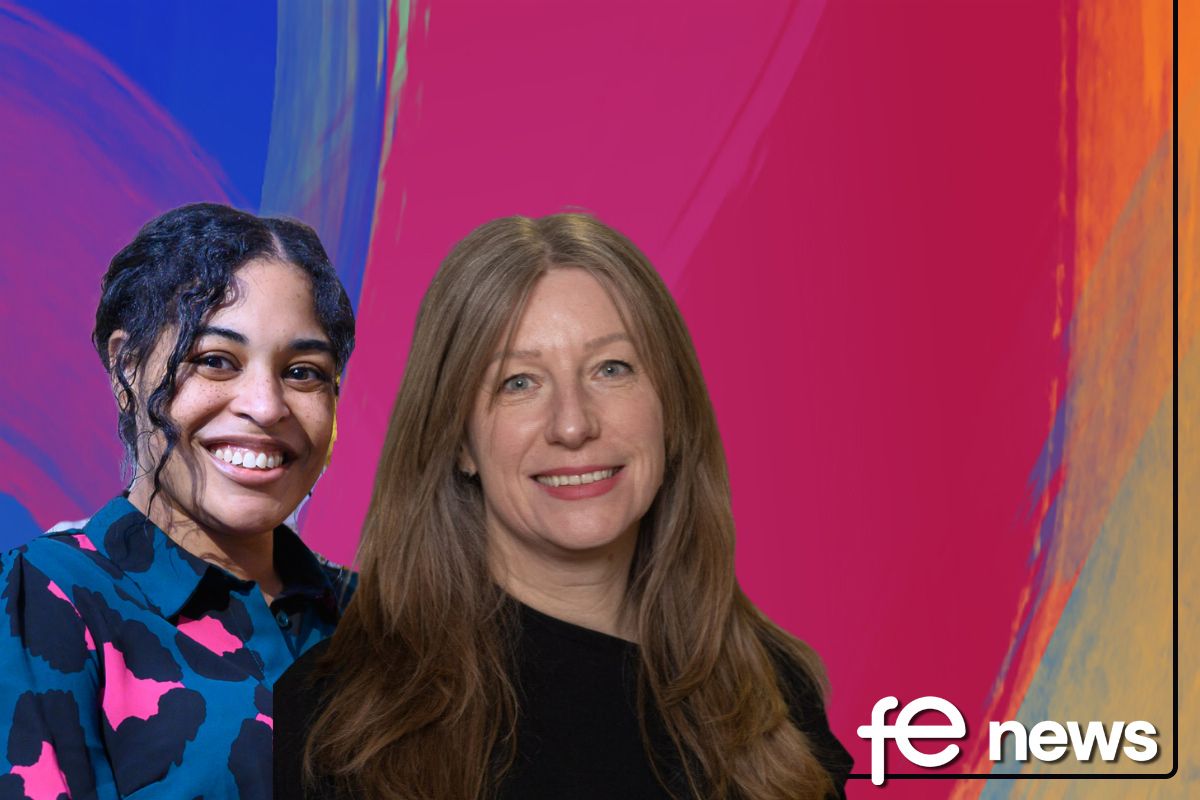
In part one of this inclusive professionalism ‘in conversation’ series with Dr Vikki Smith, Executive Director of Education and Standards at the Education and Training Foundation (ETF), and Ellisha Soanes, Equity, Diversity and Inclusion (EDI) consultant, Vikki and Ellisha discuss social mobility and its importance in fostering inclusion in the Further Education (FE) and Skills sector.
What does social mobility mean to you?
VS: For me, social mobility is about raising aspiration. It’s about helping people recognise their potential and the world of opportunity that is out there – and shaking the shackles off. As a sector, we need to ask what someone wants and how we can enable them to get there. People are also more likely to be successful and more socially mobile if they have cultural competence. So how do we equip them to work in and engage with the world as it is today?
ES: I think that space of belonging, everybody having that space for empowerment, is where equity, diversity and inclusion link to this. You need that for social mobility to work. So when we talk about taking the shackles off, we need to think about what that looks like in the spaces we are in at that moment. We need to make sure the sector, organisations, support staff and leaders really understand and identify with fostering that kind of environment so they can pull people along the way. It’s so important to keep the door open and give people a sense of voice.
How do we enable social mobility?
ES: Recognising intersectionality is so important here. It’s not just about what you can see, it’s also about hidden aspects of someone’s identity. For example, I’m a black female of mixed heritage background, but what you can’t see is that I’m also neurodiverse and I have ADHD and dyslexia and represent many of our protected groups.
There’s also the point about needing “to see it, to be it”. Role models are so important – those amazing educators or inspirational colleagues from different organisations, leaders or even other young people creating their own space of belonging and empowerment. As gatekeepers, game changers, leaders and organisations we need to think about how we create the right environment to help people unlock their talents on their own journeys.
VS: It really is about unlocking those talents while trying to foster and stimulate that ambition in individuals. That enables people to become their own champions – and we have to remember success comes in so many different forms. Small successes allow us to build towards the next one and the one after that. And success comes in many different roles, and career paths. We’re not a monoculture, and there isn’t just one path to success. There are many different paths; some are creative, some ‘wiggly’, and they are all good. As long as we keep learning we will continue to move forward.
ES: I love the idea of the ‘wiggly’ path to success. I often talk about different chapters. It is okay to have those chapters and to acknowledge that sometimes your story is not going to be straight forward. It’s okay if you get to a stopping point or a block and you have to go around it. We need to celebrate different paths more, especially with our learners.
How can inclusivity drive social mobility?
VS: I think role modelling is crucial here. We can’t just have rhetoric, we can’t just have papers, we can’t just have policies and we can’t just sign up to charters. It has to be lived and it has to be real. Authenticity is absolutely critical.
ES: Yes, it’s coming away from the tick box system and from paying lip service. And for that to happen you need resources. We need both role models and much-needed resources in place. I’ve seen people flourish when they’ve accessed ETF coaching, and seen them build on that experience using further resources. That process creates incredible role models who then bring their experience back to the sector, and you see how they support their learners and their team members. That’s when the positive impact goes on and on. That’s when you get those real cultural changes.
And showcasing these stories of impact is so important. There are a lot of people doing some amazing work, but we don’t hear about it. It’s important to share those stories so people recognise and understand the work going on. And we need true allyship from big organisations to cascade the work down across the sector.
VS: Sector social responsibility comes in here, too, and our role in the community. How do harness that social responsibility, the notion of community, and how do we challenge the stereotypes, and not accept the norms? We need to champion when someone has gone the extra mile and is making a real difference.
By Dr Vikki Smith, Executive Director of Education and Standards at the Education and Training Foundation (ETF), and Ellisha Soanes, Equity, Diversity and Inclusion (EDI) consultant.


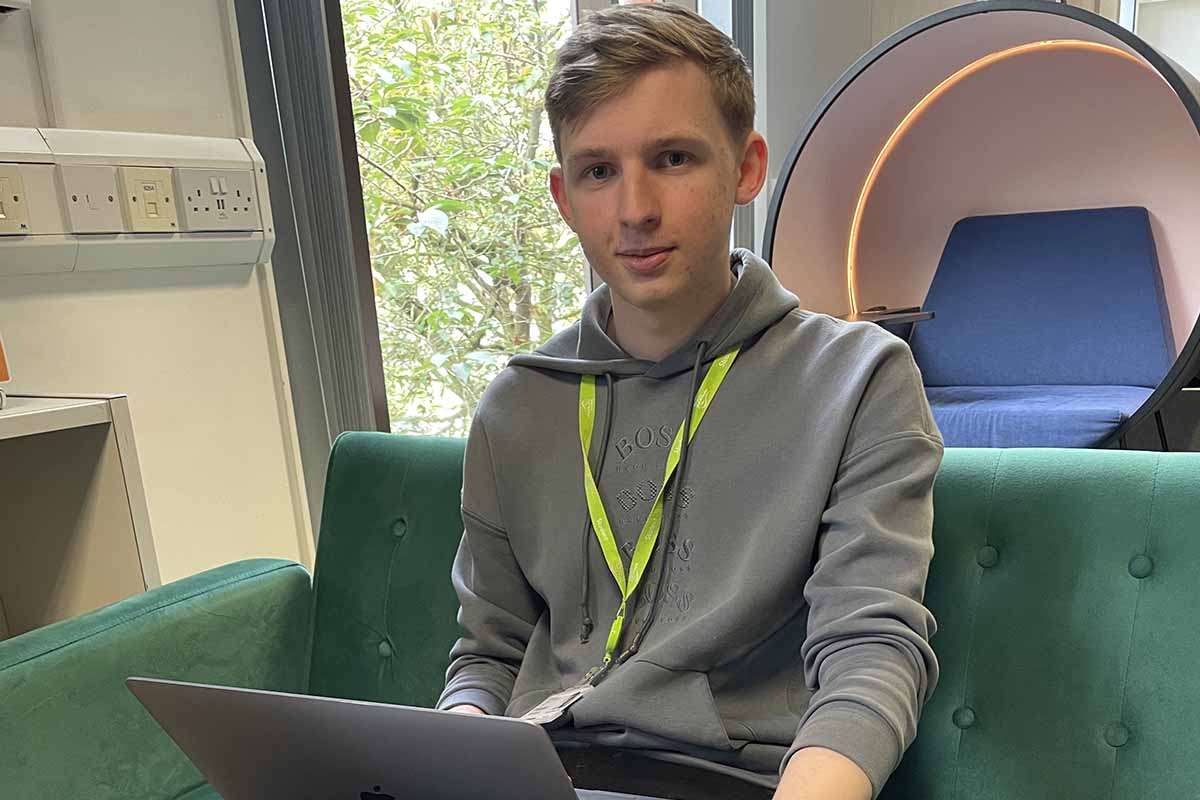
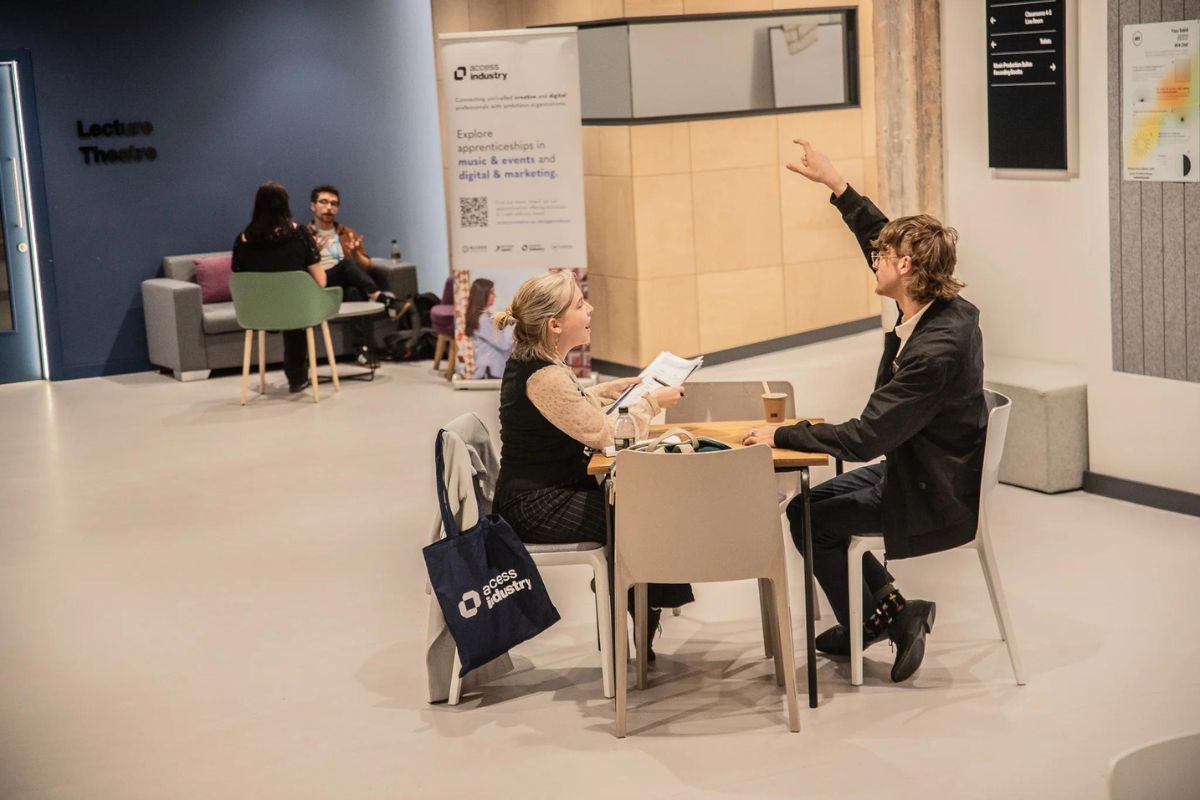




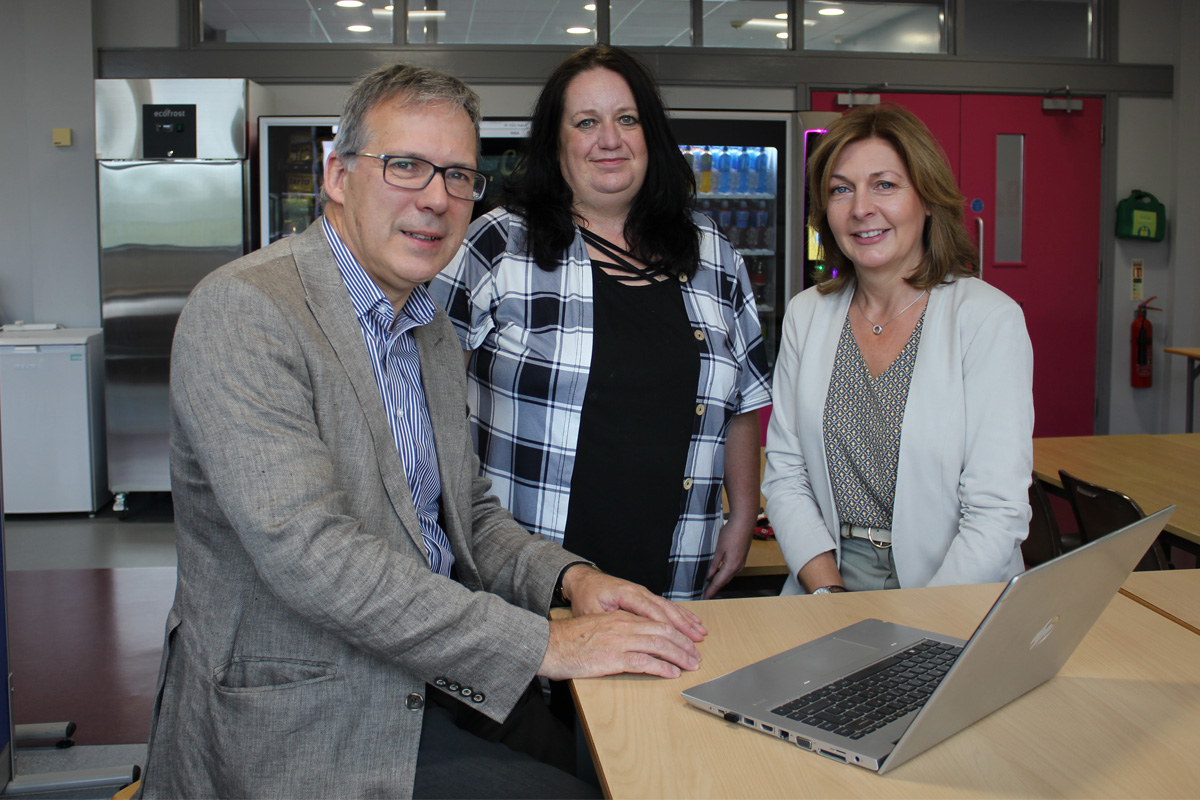

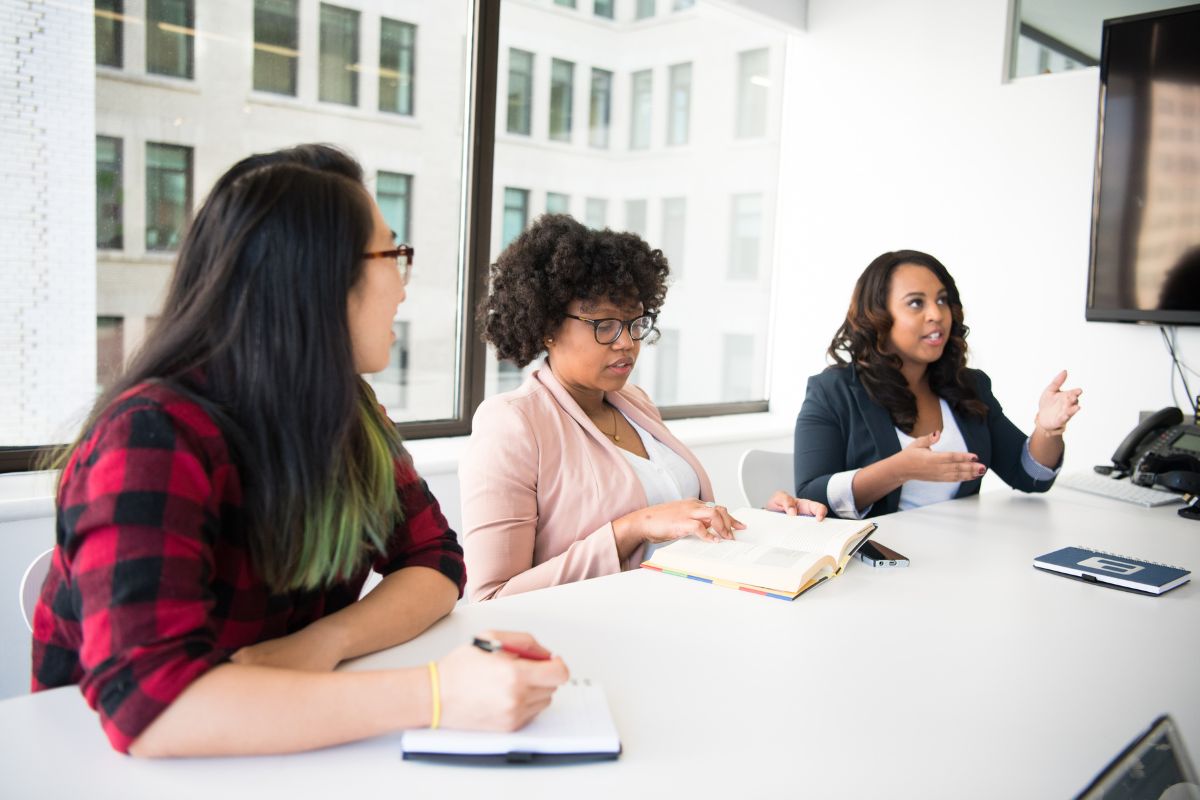
Responses